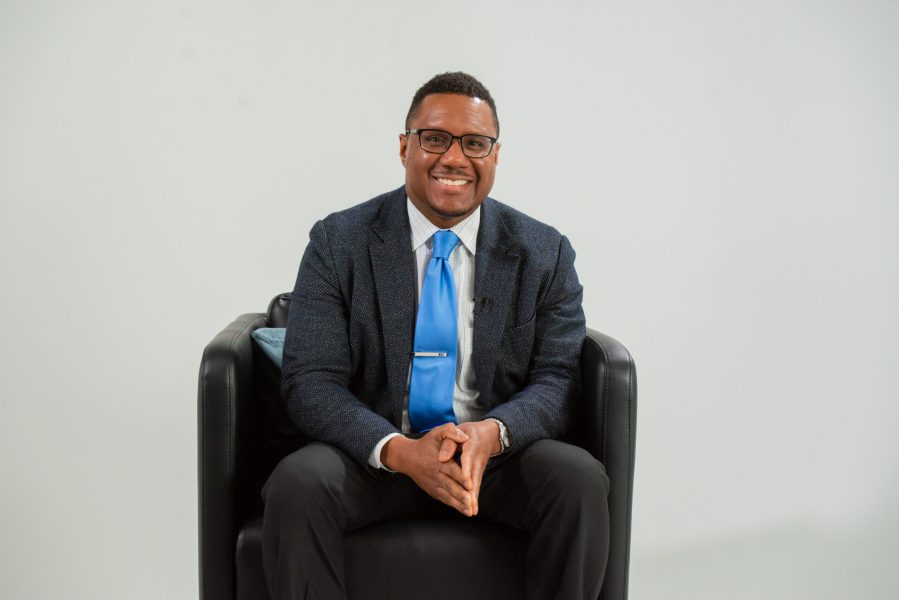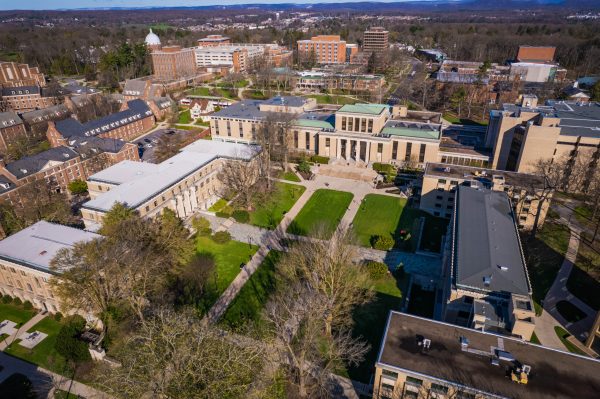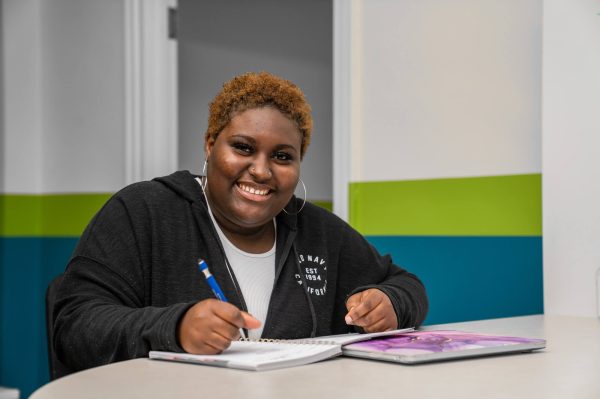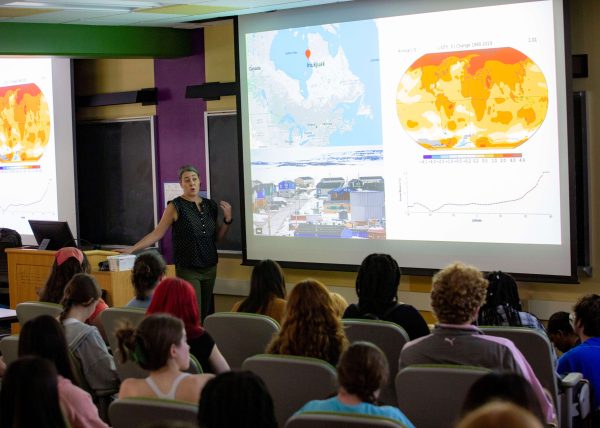
Welcome to
The College of the Liberal Arts
We believe the greatest learning experiences are those that give you the chance to put what you’ve learned in class to practice in real-world settings solving real-world problems. We also think it’s important that you have the chance to explore, and develop a greater appreciation for, the world in which we live.
That is why the college offers an interdisciplinary educational experience that teaches you how to think critically, analyze information thoroughly, communicate effectively, act ethically, and become engaged citizens in a diverse global society—skills that will help you grow as a person while preparing you for whatever career path you choose. Our Student Services offices also stand ready to help you take advantage of the numerous out-of-classroom opportunities—internships, education abroad, research, and mentoring—that will help prepare you to become leaders in your professions, stewards of inclusive learning, living, and work environments, and influential contributors to society.
As a Liberal Arts student, you’ll have the chance to learn from, and work alongside, some of the most accomplished scholars in your chosen program. Four of Penn State’s twenty-four Evan Pugh Professors—the highest distinction afforded any Penn State professor—are Liberal Arts professors, and several more have received the highest honors they can be awarded in their respective fields. We are also proud that so many of our departments ranked among the top ten of their peers in the last National Research Council rankings.
We hope you will find this website useful as you learn more about the forty-nine undergraduate and twenty-seven graduate majors offered by the college, in addition to the more than a dozen baccalaureate and master’s degree programs offered through Penn State World Campus.
Sincerely,
Clarence Lang
Professor and Susan Welch Dean
College of the Liberal Arts
The School of History, Political Science, and Philosophy was created, with George W. Atherton as its first head.
An official “home” for Liberal Arts was formed by President Edwin Erle Sparks, who created the School of Liberal Arts by combining the School of History, Mathematics, and Philosophy with the School of Language and Literature. A prominent historian, President Sparks named himself the school’s first dean.
The college broke ground on its newest building in fifty years. Opening in the fall of 2024, the Susan Welch Liberal Arts Building will be an innovative hub of social science teaching, research, and outreach activity.
Life in Happy Valley
Happy Valley isn’t just the nickname for the area surrounding Penn State—it’s a uniquely wonderful place to live. State College and its surrounding communities have long been recognized as one the country’s most livable places, thanks to a thriving business community, exceptional housing in safe, family-friendly neighborhoods, first-rate schools and healthcare, highly engaged government agencies and civic organizations, and, of course, countless recreation and entertainment options.


Liberal Arts Experience
Immigration, Identity, and Citizenship
Immigration is the focus of the current offering in the College of the Liberal Arts’ “Moments of Change” initiative—an undertaking that brings students, faculty, staff, and alumni together to explore what it means to live through historic and contemporary times of change. Through spring 2025, “Moments of Change: Immigration, Identity, and Citizenship” will examine mass migration and highlight the ongoing work of students, faculty, staff, and alumni in that regard.

Liberal Arts Values
The College of the Liberal Arts is dedicated to critically examining the human condition in all its social, cultural, and historical diversity. We’re committed to a fearless and inclusive environment that supports an open and respectful exchange of ideas in the classroom, on campus, and online. To that end, we do not tolerate threats, intimidation, harassment, vandalism, and violence directed at anyone in our community, no matter their race, gender, national origin, sexual orientation, immigration status, socioeconomic status, political or religious convictions, or disability. And we support the work of every one of our departments and programs, including those that focus on the experiences of underrepresented groups.